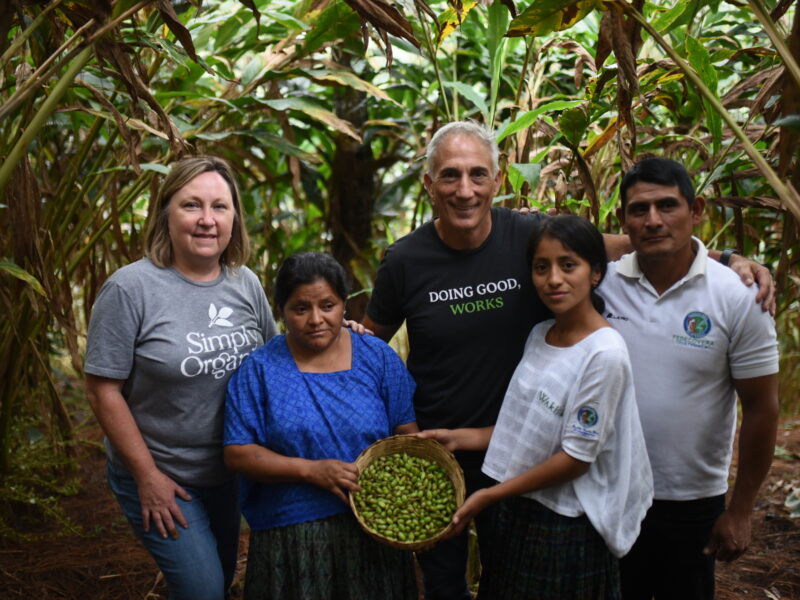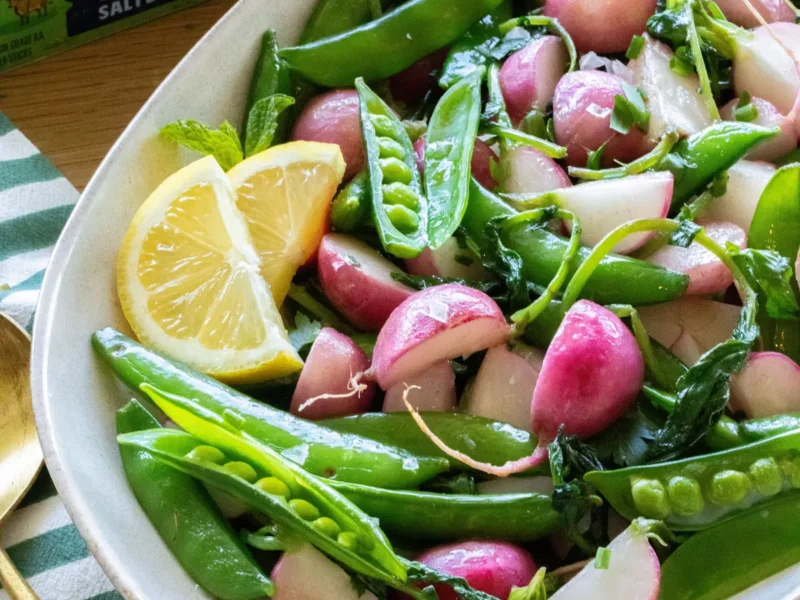Weeks Seven and Eight
Only Organic Swap Challenge: Dinner
If you missed the launch of our Organic Swap Challenge, it’s not too late to join in on the fun. This week we are guiding your swap journey with three dinner items to trade for healthier organic options.
To see the other swaps, visit these blogs:
Top 3 Organic Dinner Swaps:
- Grains
- Why you should swap:
If you’re looking to avoid GMOs and toxic chemicals in your diet, you’ll want to opt for organic grains. About 90 percent of the corn that you find in processed foods is genetically modified, while 94 percent of soybeans sold in the United States are genetically modified.
When it comes to rice, organic production systems have a lot of advantages over conventional. For example, conventional rice production uses over 40 different pesticides to control weeds and insects—pesticides that contain such toxic chemicals as piperonyl butoxide, malathion, and carbaryl. Organic rice paddies also use environmentally friendly soil amendments such as compost, which helps increase soil health and decrease nutrient run-off.
Conventional wheat products likely contain a high dose of Monsanto’s Roundup, which is applied seven to 10 days before harvest. Glyphosate, the active ingredient in Roundup, is sprayed on wheat and barley as a desiccant. This toxic practice has been routine since the 1990s, but organic wheat cannot be grown with pesticides.
Our top picks for organic grains are Lundberg Family Farms, Annie’s Homegrown, Nature’s Path, Rudi’s Organic Bakery and Dave’s Killer Bread.
- Frozen Food
- Why you should swap:
Frozen dinners are often laden with artificial ingredients, preservatives, and unhealthy processed fat and sugar. Choosing organic frozen foods is a good first step to avoid the artificial ingredients in frozen processed dinners.
Our top picks for organic frozen foods are from Amy’s Kitchen, Beetnik and Nature’s Path.
- Butter
- Why you should swap:
Butter ends up on our dinner plates a lot – whether food is sautéed in butter or butter is added as a condiment. As we explained in our breakfast swaps, organic dairy products have higher amounts of omega-3 fatty acids than conventional dairy products. When you melt butter on your organic baked potato or spread it on organic bread, you’ll want to know that the cows that produced the creamy goodness were raised humanely and fed an organic diet. To learn more about organic dairy practices, visit us here.
Our top pick for organic butter is Organic Valley.
Dinner Swap Hacks:
- Where to buy:
All of the recommended brands have store locators and are available nationwide.
- Get coupons from the brands mentioned in this challenge:
Challenge Complete!
You did it! Switching to organic food sends a strong message to food corporations that we need more sustainable farming practices and healthier foods. Certified organic products provide both of these things. Knowing that your dollars are supporting a better environment and great food brands is an investment in our planet and food future. Thanks for participating. Please share this challenge with a friend.









